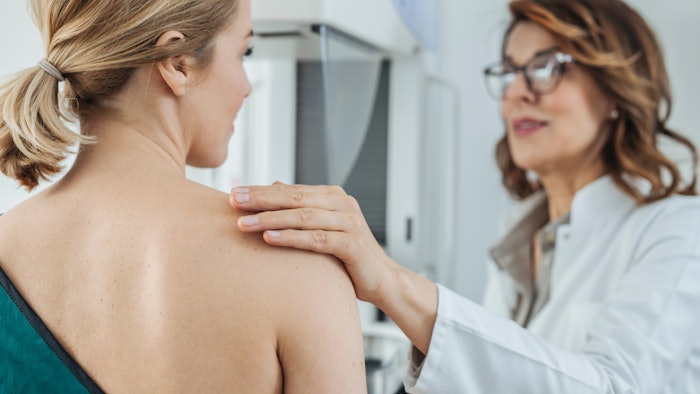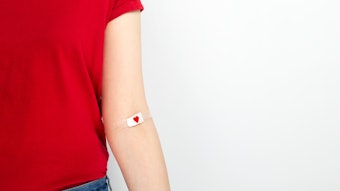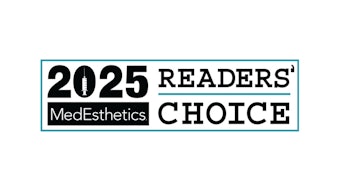
1. Perimeter Medical Imaging ImgAssist AI Shows Promising Results
Perimeter Medical Imaging has announced results from a peer-reviewed retrospective study examining the integration of Wide Field Optical Coherence Tomography (WF-OCT) with Perimeter's proprietary and investigational "ImgAssist" artificial intelligence technology, an AI-driven clinical decision support system created to enhance productivity and decision making in breast cancer surgery margin assessment.
The study found that the deep learning model showed high levels of sensitivity and specificity, accurately identifying 96.8% of pathology-positive margins. These results highlight the clinical viability of AI-enhanced margin visualization using WF-OCT in breast cancer surgery and its potential to decrease reoperation rates due to residual tumors.
Adrian Mendes, Perimeter's chief executive officer, stated, "We have a training dataset of several million proprietary images of both cancerous and healthy tissue captured with our OCT imaging technology. Our world-class AI team has developed models tailored for real-time applications in healthcare settings and used our vast image library to train these models to achieve an industry-leading result. Perimeter's AI leadership represents a key value driver as we build a product pipeline that aims to improve surgical outcomes and broaden our addressable market through a variety of tissue types beyond the breast."
2. Aesthetic One App Adds ARISE Breast Implants Tracking Registry
The Aesthetic Society and The Aesthetic Foundation have launched the American Registry for Breast Implant Surveillance (ARISE). It is powered by Aesthetic One, an FDA-recognized app dedicated to the digital registration of breast implant devices used in aesthetic and reconstructive cases.
Through Aesthetic One, surgeons can register implants with the manufacturers to enable the warranty and proper device tracking while also contributing vital data to the American Registry for Breast Implant Surveillance (ARISE). This collaboration offers a purpose-driven, comprehensive platform for tracking implants and analyzing data related to breast implant devices and surgeries. ARISE exceeds over 45,000 registered implants positioning it as one of the most extensive breast implant registries in the country.
Aesthetic One's interface captures a complete dataset through physician-developed dropdown menus and a built-in scanner. It allows surgeons or their staff to register an implant and collate all necessary data.
The database helps monitor the safety and performance of breast implants over time and facilitates outcome research for early detection of potential issues or complications. It meets regulatory standards by establishing registries to ensure approved implants meet safety and efficacy criteria.
Caroline Glicksman, M.D., MSJ, president of The Aesthetic Foundation, said, "ARISE represents a leap forward in patient safety, outcomes research, and overall quality improvement in breast implant procedures. By leveraging the Aesthetic One app, ARISE collects unbiased, validated data that will be reported to regulatory bodies and utilized to collaborate with other international breast implant registries."
3. Transpara Breast AI Integrated at 7 Johns Hopkins Locations
ScreenPoint Medical Transpara Breast AI is now available to improve cancer detection for Johns Hopkins breast cancer screening patients. Transpara assists radiologists with the reading of 2D and 3D mammography exams to help detect cancers earlier and reduce recall rates. Across Johns Hopkins, the breast imaging services team conducts more than 77,000 breast imaging exams and 5,000 interventional procedures each year.
Transpara is FDA-cleared and has European MDR approval for use with 2D and 3D mammography from multiple manufacturers and is used by hundreds of leading centers in more than 30 countries. Transpara is designed to work concurrently with radiologists.
The ScreenPoint customer success team worked closely with both clinical and IT teams at Johns Hopkins to install Transpara Breast AI to support patient care at seven locations. Transpara was chosen to improve screening workflow, decision confidence and breast cancer diagnostic assessment.
Nicki Bryan, VP of Sales at ScreenPoint Medical, said, "We are delighted Johns Hopkins has trusted ScreenPoint Medical in its fight against cancer. Transpara is the most clinically validated breast AI on the market, proven to enhance radiologists' ability to detect breast cancer as early as possible. As part of The ScreenPoint Experience, once a customer has chosen to use Transpara, we want to create those benefits within weeks, not months. We are also so grateful to the professionals on the Johns Hopkins team who collaborated so effectively to ensure a smooth and seamless technical transition."











